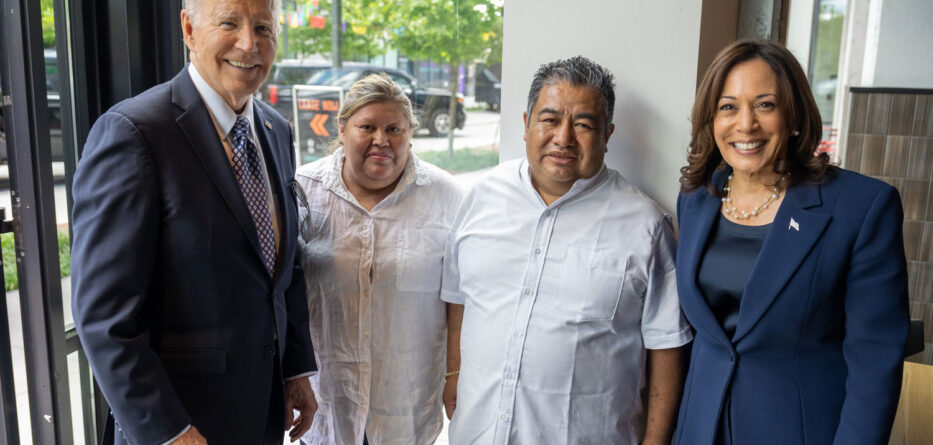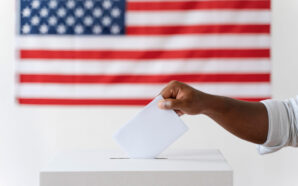The Latino vote has proven to be a critical component of the US political landscape in recent decades. As the Hispanic community continues to grow in size and diversity, its electoral influence has become increasingly significant. However, a matter of great interest and complexity is how the country’s economic situation affects the political preferences of Latino voters.
On the eve of the first anniversary of the Inflation Reduction Act (IRA), the verdict of its real impact is the subject of mixed opinions.
Enacted on August 16, 2022, the legislation has been rightly applauded as the largest investment in the country’s history in combating climate change.
Although it is debatable whether the law has succeeded in reducing inflation – or is it more the result of Federal Reserve policies – it is clear that it has eased economic pressures for millions of people – especially Latino and African American minorities – who have difficulty paying for medicines or who have health insurance through the Affordable Care Act.
And it is that law which set a ceiling of 2,000 dollars a year in the cost of medicines for Medicare beneficiaries, who now will only pay 35 dollars a month for insulin. And starting in 2024, more people will be eligible under Medicare’s “Extra Help” program. Pharma, the pharmaceutical industry’s apex body, argues, for example, that IRA provisions that impose government-set prices for covered drugs by Medicare, will “negatively impact access to drugs covered by Medicare Part B and Part D.”
Instead, environmental organizations argue that the IRA has boosted the US economy, creating good-paying jobs that will help families across the country. President Biden and the Democrats’ historic clean power plan is helping to address the climate crisis by dramatically reducing harmful emissions and addressing environmental injustice by investing in frontline communities,” according to Climate Power In Action.
It is a fact that the United States economy, according to official figures, generated 4.5 million jobs in 2022 and that annualized inflation has fallen systematically since last year. In August 2022 it was around 8% and is currently at 3%, as a result of the central bank’s aggressive policies to stop the inflationary spiral.
It is not the only achievement that President Biden can boast of. He also brought Democrats and Republicans together to pass the bipartisan Safer Communities Act, the most ambitious in 30 years for gun safety.
As if that were not enough, the US economy priced at an annualized rate of 2.4% during the second quarter of the year, comfortably exceeding economists’ expectations.
And yet, despite this string of undoubted achievements, The New York Times poll suggests that the American public does not appreciate the actions of its president. Although his political situation is better than it was in the summer of last year, he is practically even with his rival, former President Donald Trump.
The president is right to start a tour of Arizona, New Mexico and Utah from August 7 to 10 to promote the achievements of the Inflation Reduction Act, because there is clearly a disconnect between his progress and public perception. It’s a communication problem he urgently needs to address if he wants to get a second chance at the White House in 2024.





